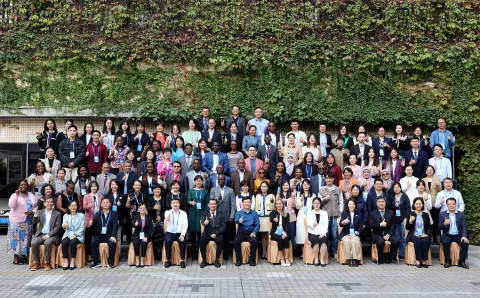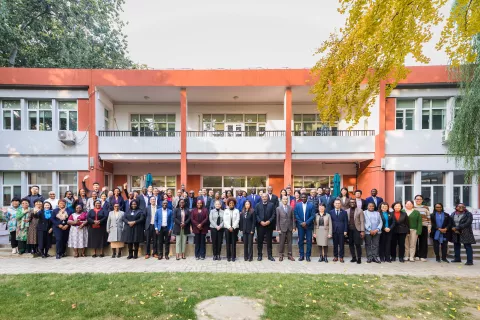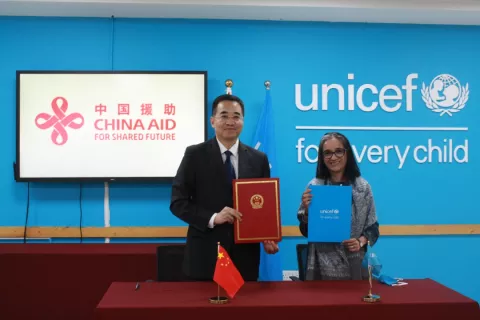Where has my brother gone?
Rural safe motherhood
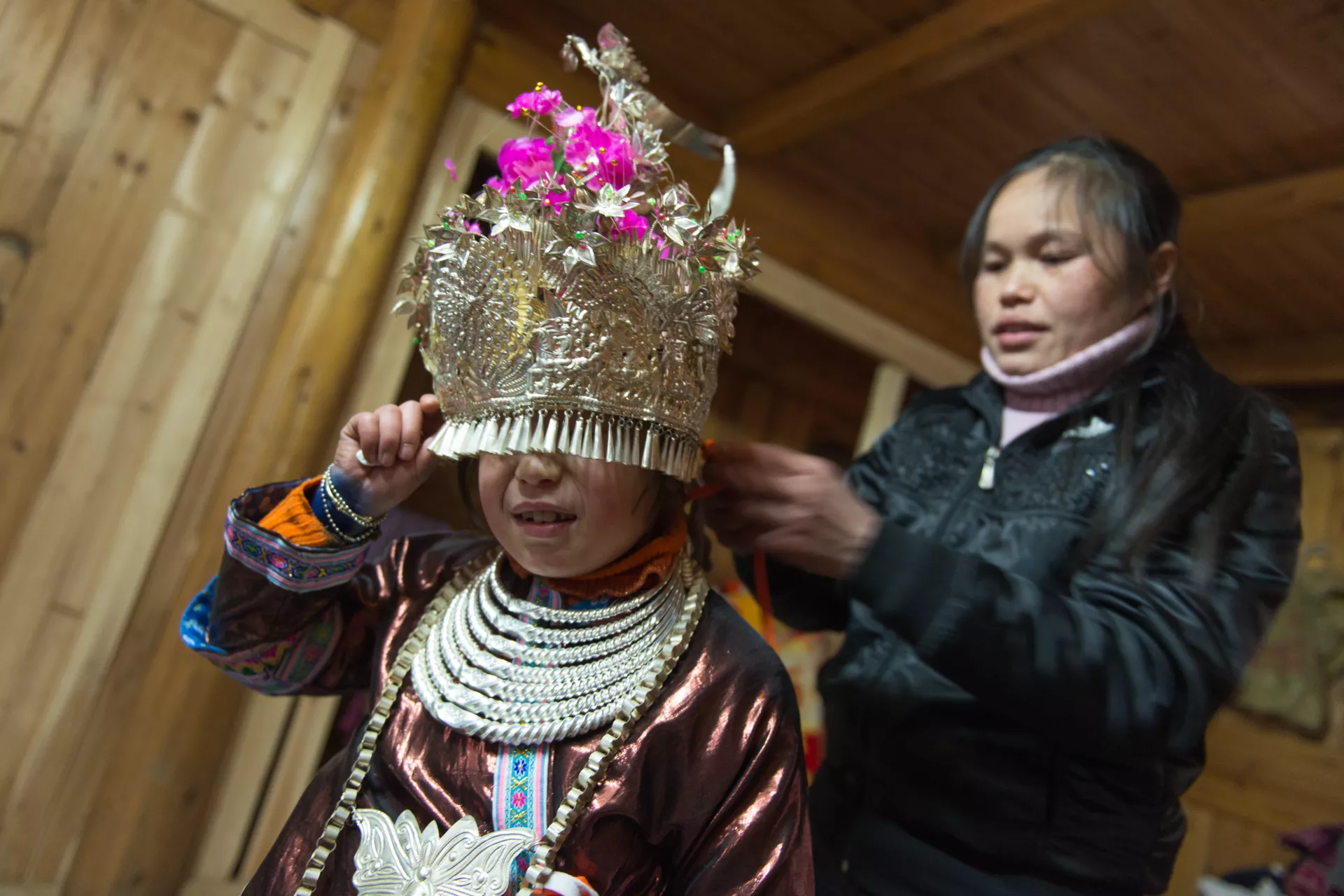
- Available in:
- 中文
- English
“If I had a little brother, I will carry him on my back, and I will play with him.” 9-year-old Xiao Qin murmured in a hardly distinguishable voice.
Xiao Qin almost had a little brother.
Late one night in September, Hu Zhengying, Xiao Qin's mother had been rushed to the township health clinic with sharp, abdominal pains. At that time, she was only seven months pregnant.
September 3rd is a date seared into Hu's memory. It is the day she gave birth to her second child. The baby was quickly transferred to the county hospital, which has better medical equipment. The premature infant boy died the next day.
“Once we arrived at the county hospital I thought he would be alright,” the 29-year-old mother remembered through uncontrollable tears.
It was a bumpy ride in the middle of the night in the western mountainous region of China's Guizhou Province. The Liping county hospital is located 37 kilometers away from Hu's village. Doctors set to work immediately; still the baby suffered from asphyxia and low birth weight.
“After I heard him give out two cries from the emergency room, I fell asleep thinking the doctors had rescued him.” Hu did not imagine these were the last sounds she would hear from her little boy.
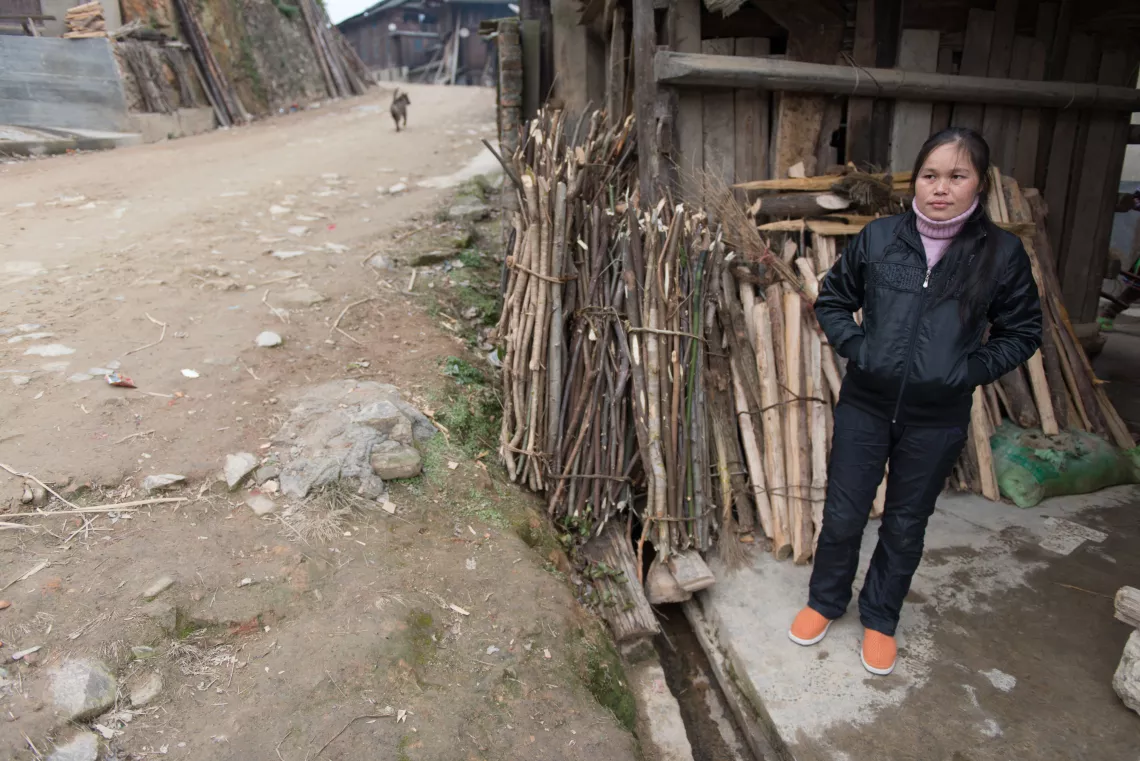
Preventable tragedy
Hu's tragedy is not uncommon In China. An estimated fifty five per cent of child deaths occur within the first month of life. The three main causes of newborn death in China are: prematurity/low birth weight, asphyxia and pneumonia.
There are 125,000 neonatal deaths in China on average every year. Xiao Qin's younger brother was one of them. The baby boy weighed only 1.7 kilos.
However, tragedies like this are preventable. "Historical data and new analyses show that, if mothers take up timely and effective preventative measures, over three quarters of deaths from preterm birth complications can be prevented," said Guo Sufang, Maternal and Child Health Specialist, UNICEF China.
UNICEF has supported the National Health and Family Planning Commission's (former Ministry of Health) efforts to reduce child and maternal mortality since the 1980's. The UNICEF “mother baby health” package, which was piloted in 50 rural poor counties, played a significant role in developing China's current maternal child health services for rural areas. The current program puts special focus on the newborn period in 35 poor counties in northwest China.
Hospital delivery alone is not enough, observed Guo: “Without proper training and adequate medical facilities, giving birth in hospitals is as risky and life-threatening as giving birth at home.”
Last year, there were 6,825 live births in Liping County. Some took place in two county-level hospitals, while some were recorded in 25 township health clinics. However, only 26 staff members were fully trained.
In partnership with the National Health and Family Planning Commission, UNICEF has supported improved capacity building for local health staff. UNICEF also helps the Commission's efforts to improve the efficiency of referrals from rural to urban medical services, also providing essential medical equipment such as scales and neonatal incubators in pilot counties.
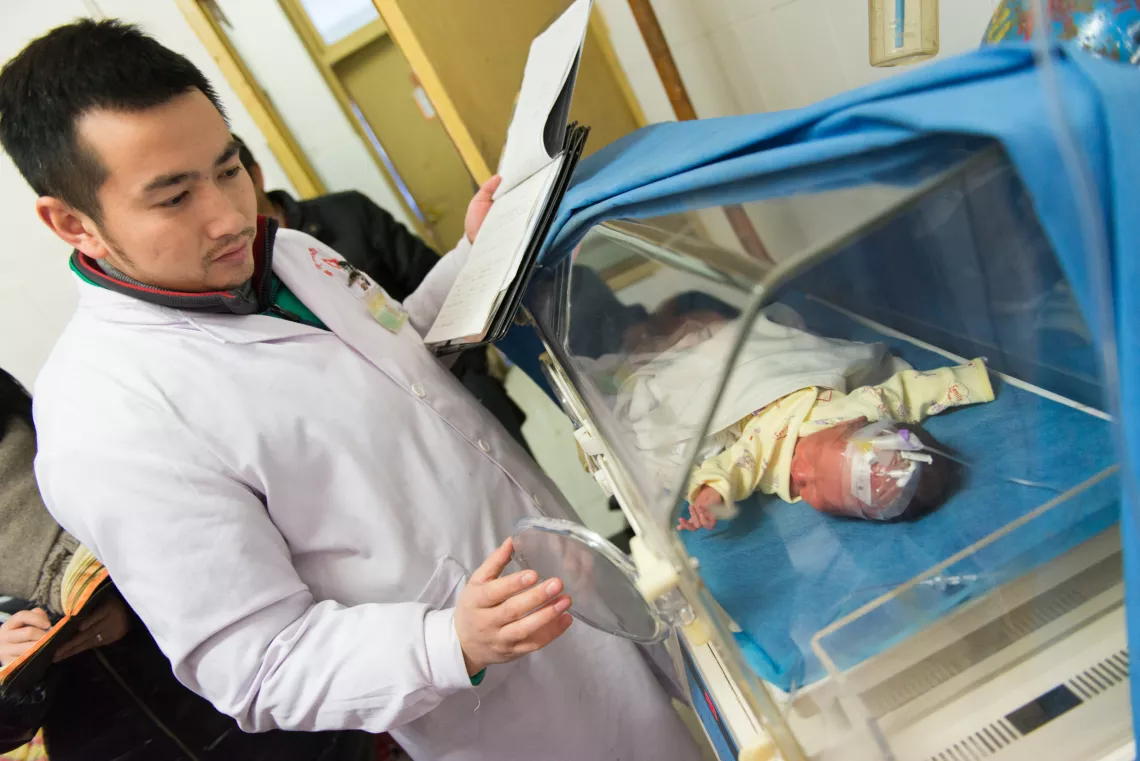
Raising awareness of expectant mothers
UNICEF has supported the design and distribution of easy to understand health education brochures for mothers, reminding them when to get checkups and how to prevent preterm complications. They also get tips on how to care for themselves and for their newborn child.
Mothers recognize the brochures as a great help. 20-year-old Wang Ximing recently gave birth to a boy four days before. The baby boy was asleep, lying on mother's bare chest. Mother and baby's chest-to-chest position is a standard kangaroo care position.
“I learn from the doctors,” the young mother said, “It is also written on the brochure.”
UNICEF's support is helping to demonstrate how rural counties like Liping can provide a stronger safety net for mothers in need. “On one hand, UNICEF's help increases individual doctors' capacities in diagnosis and treatment. On the other, UNICEF has also helped us standardize work procedures for public health institutions at various levels,” commented Han Hongyi, head of the Liping County government.
Several months have slipped away since the Hu family tragedy struck. Xiao Qin has noticed that her mother brought home a little brochure from the clinic which she reads and ponders.
Little Xiao Qin hopes that one day she will have a little brother or sister to play with.


